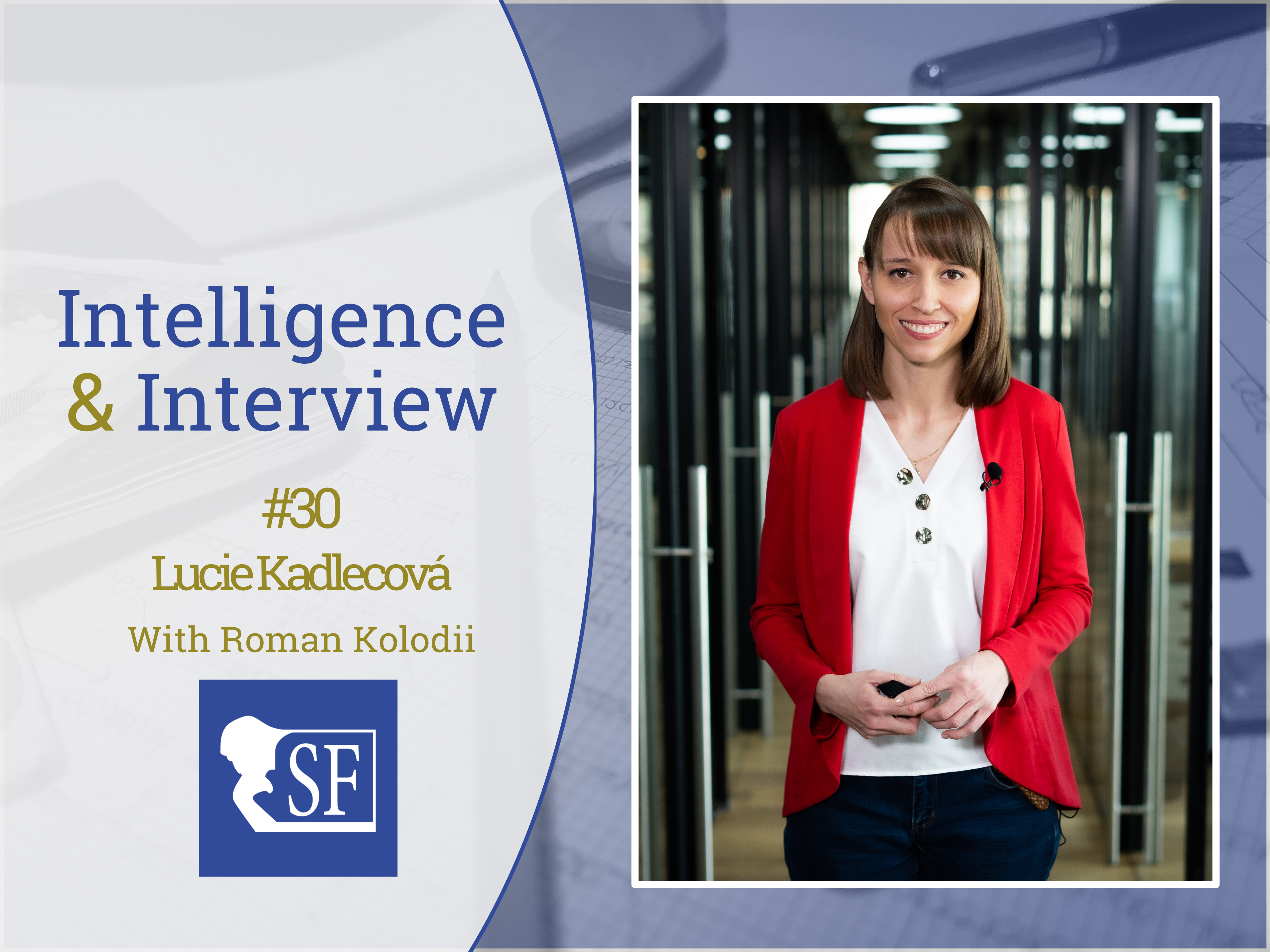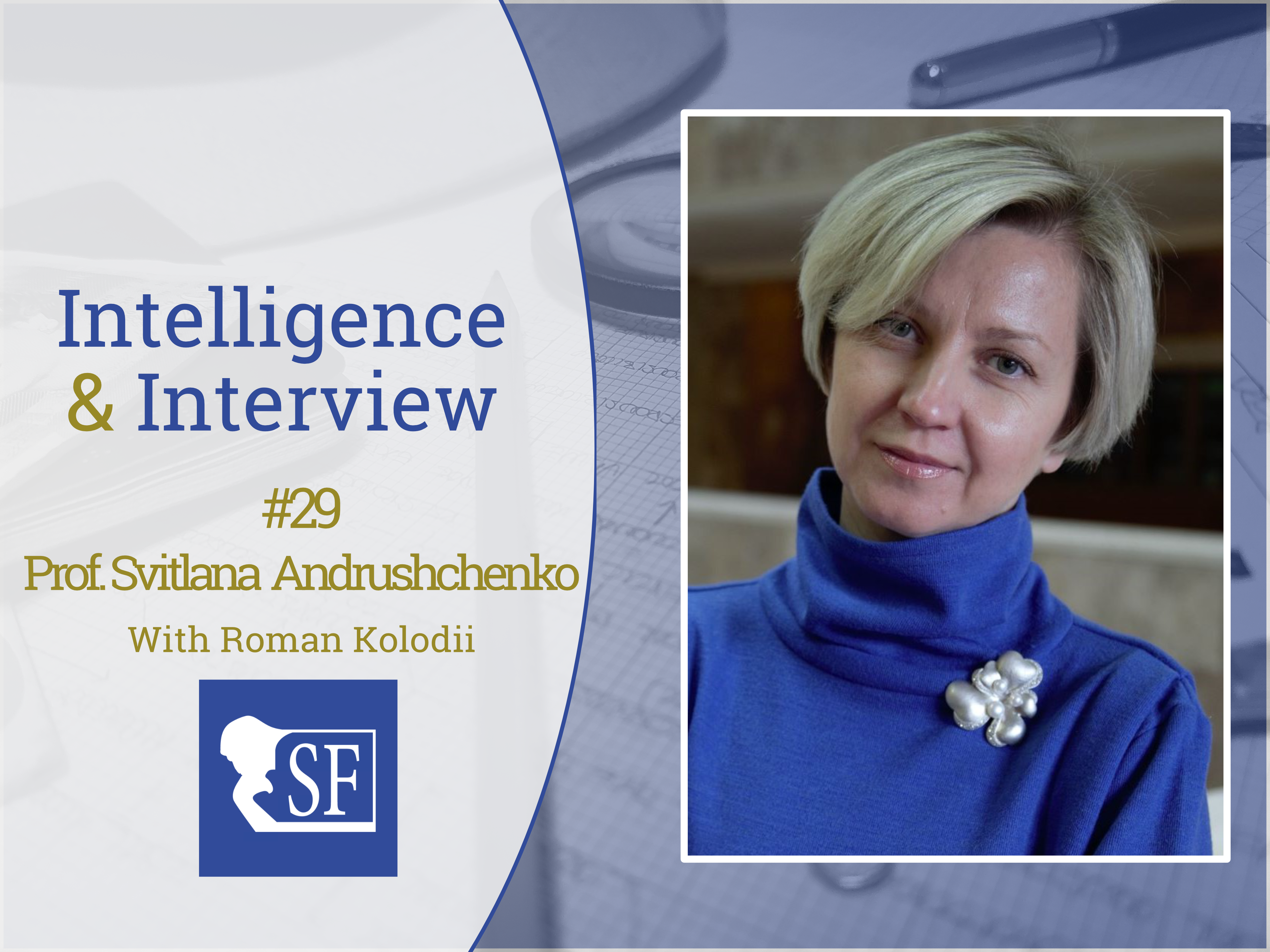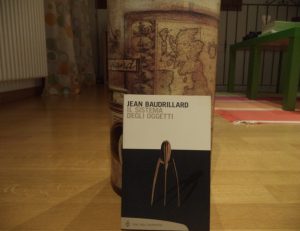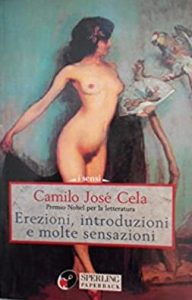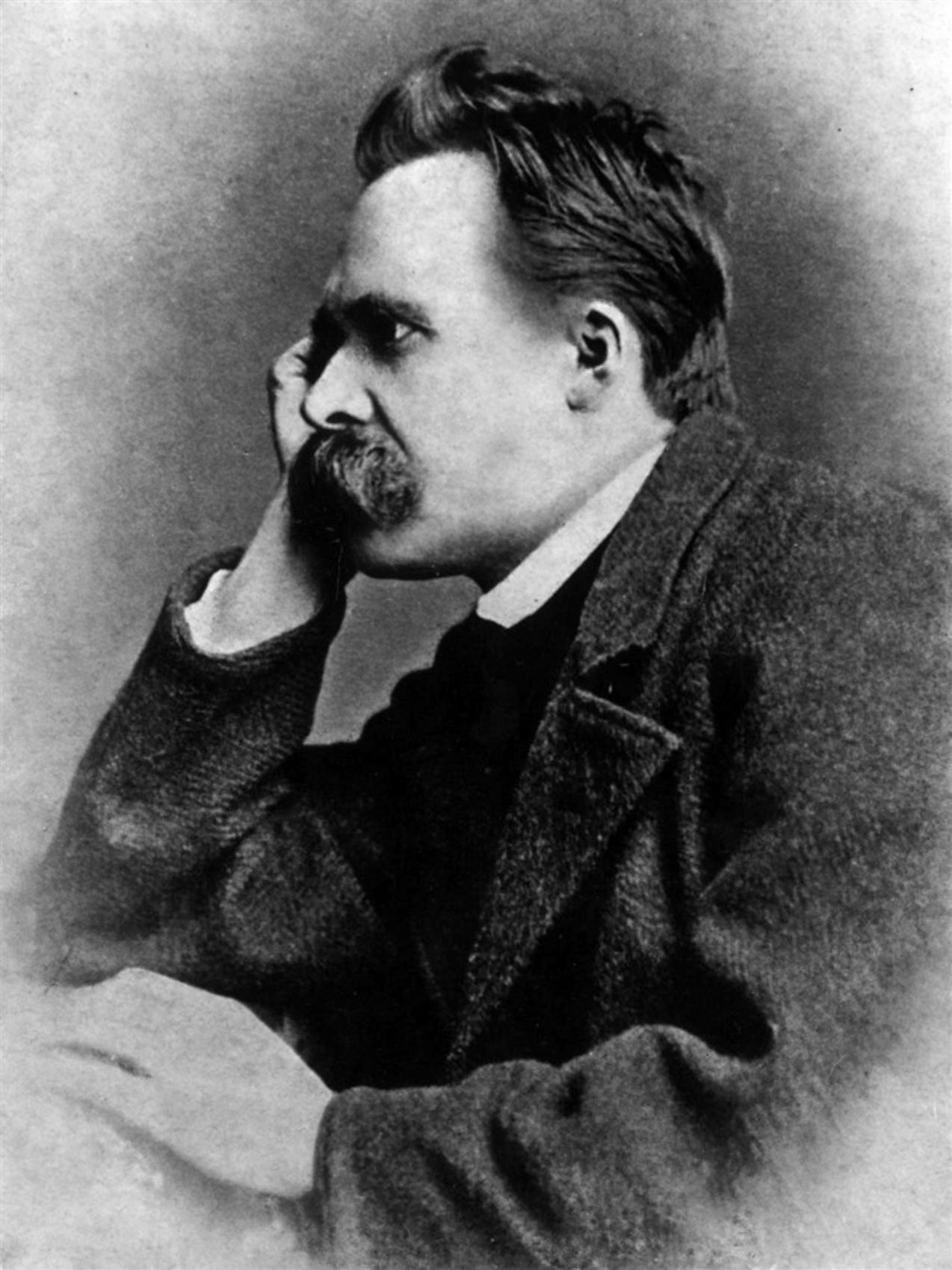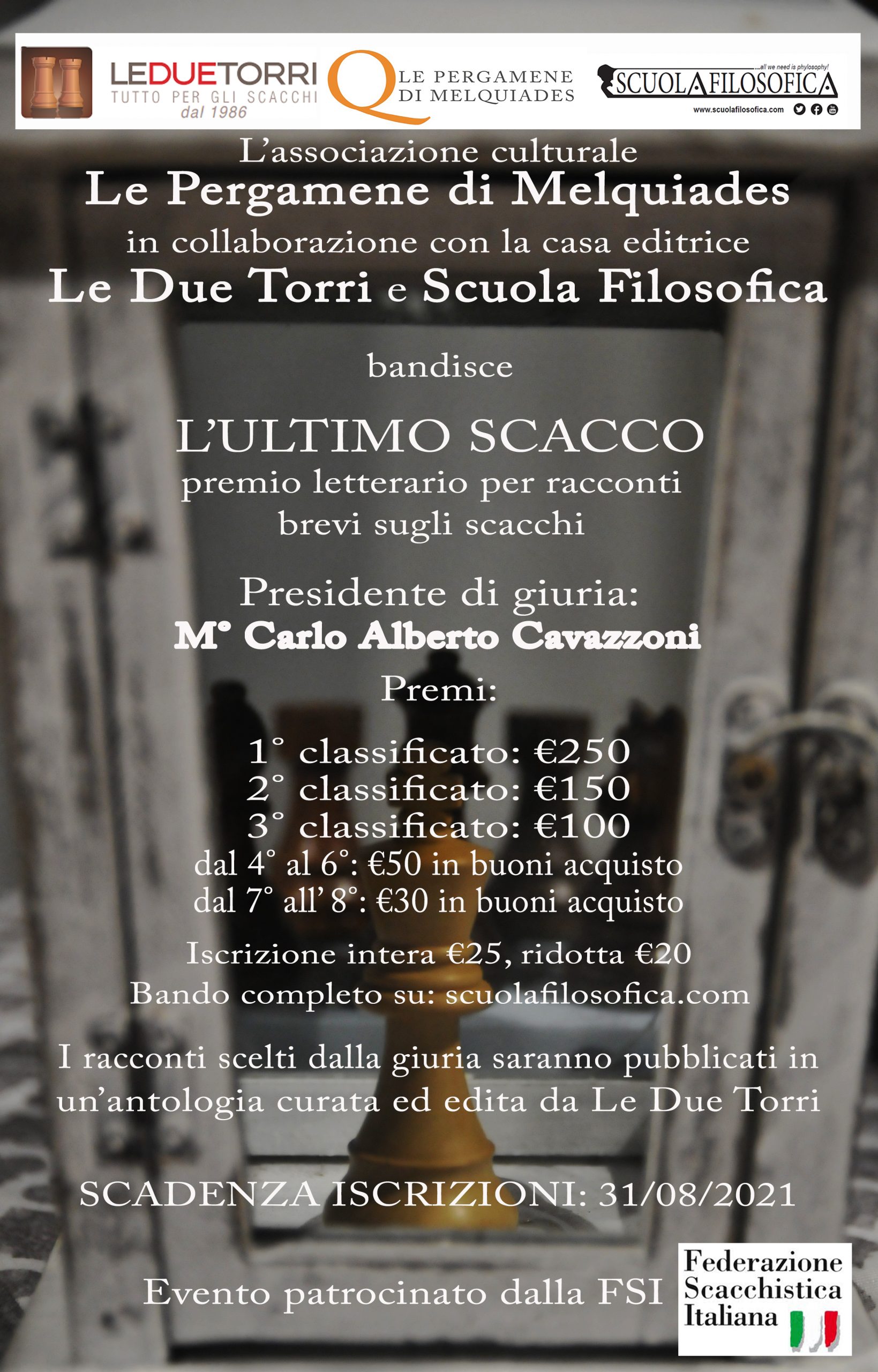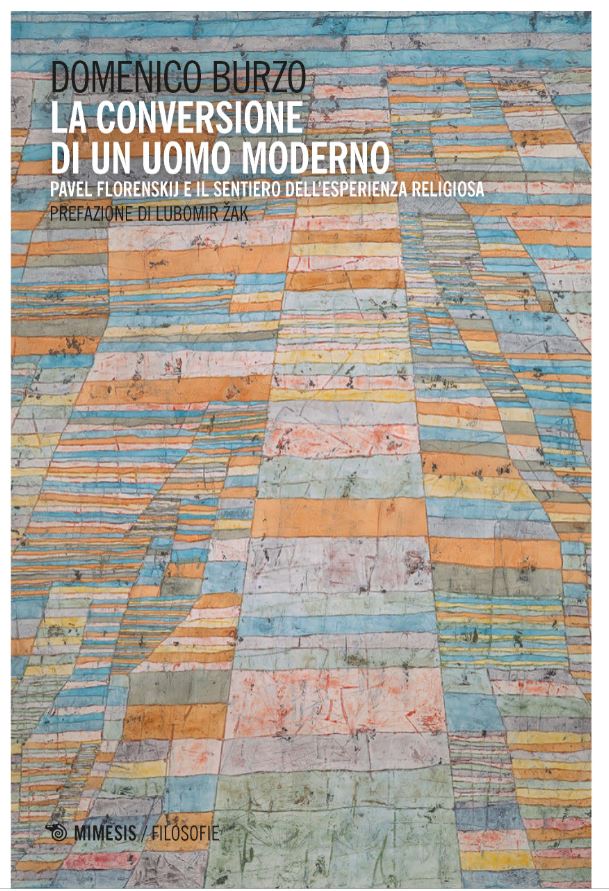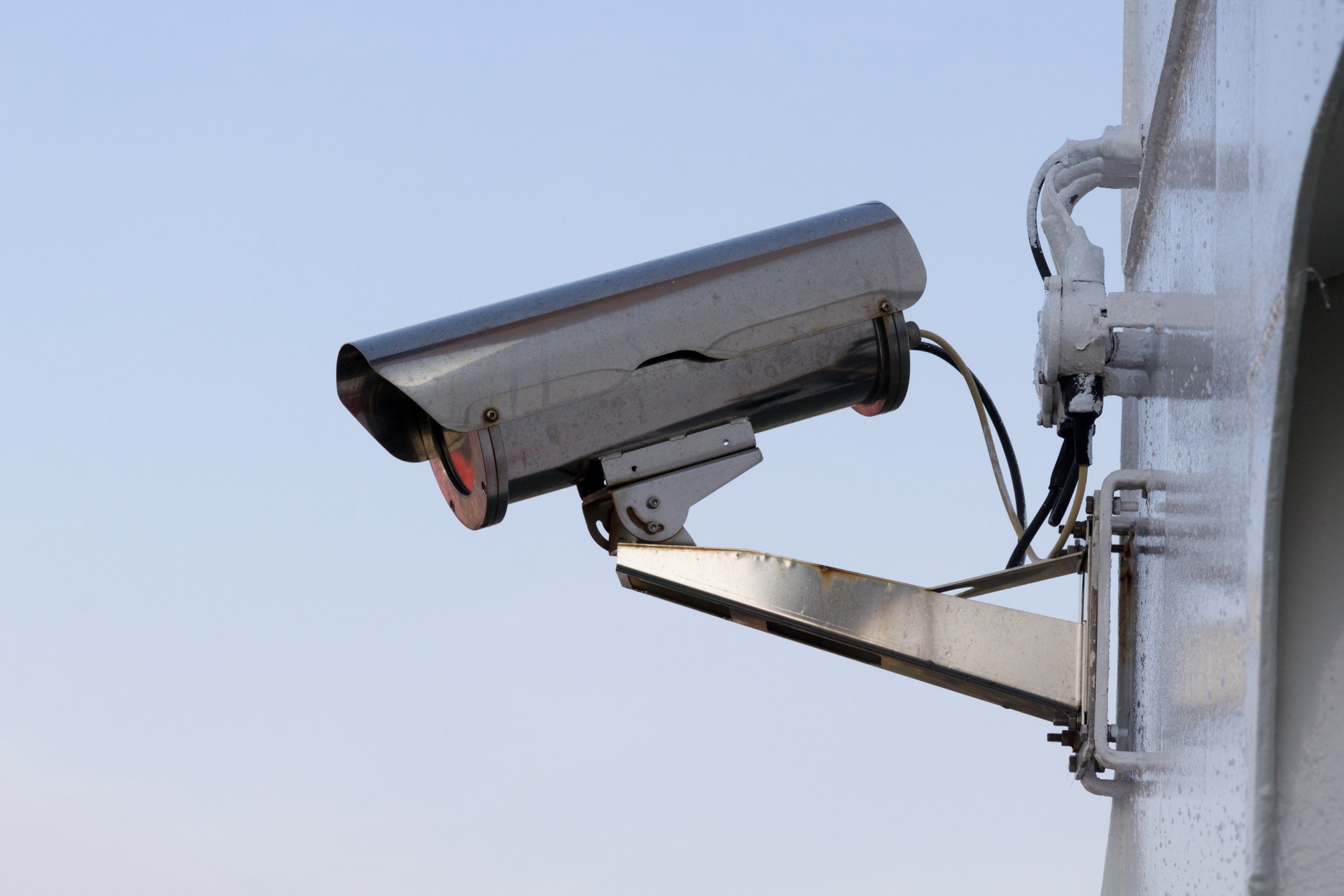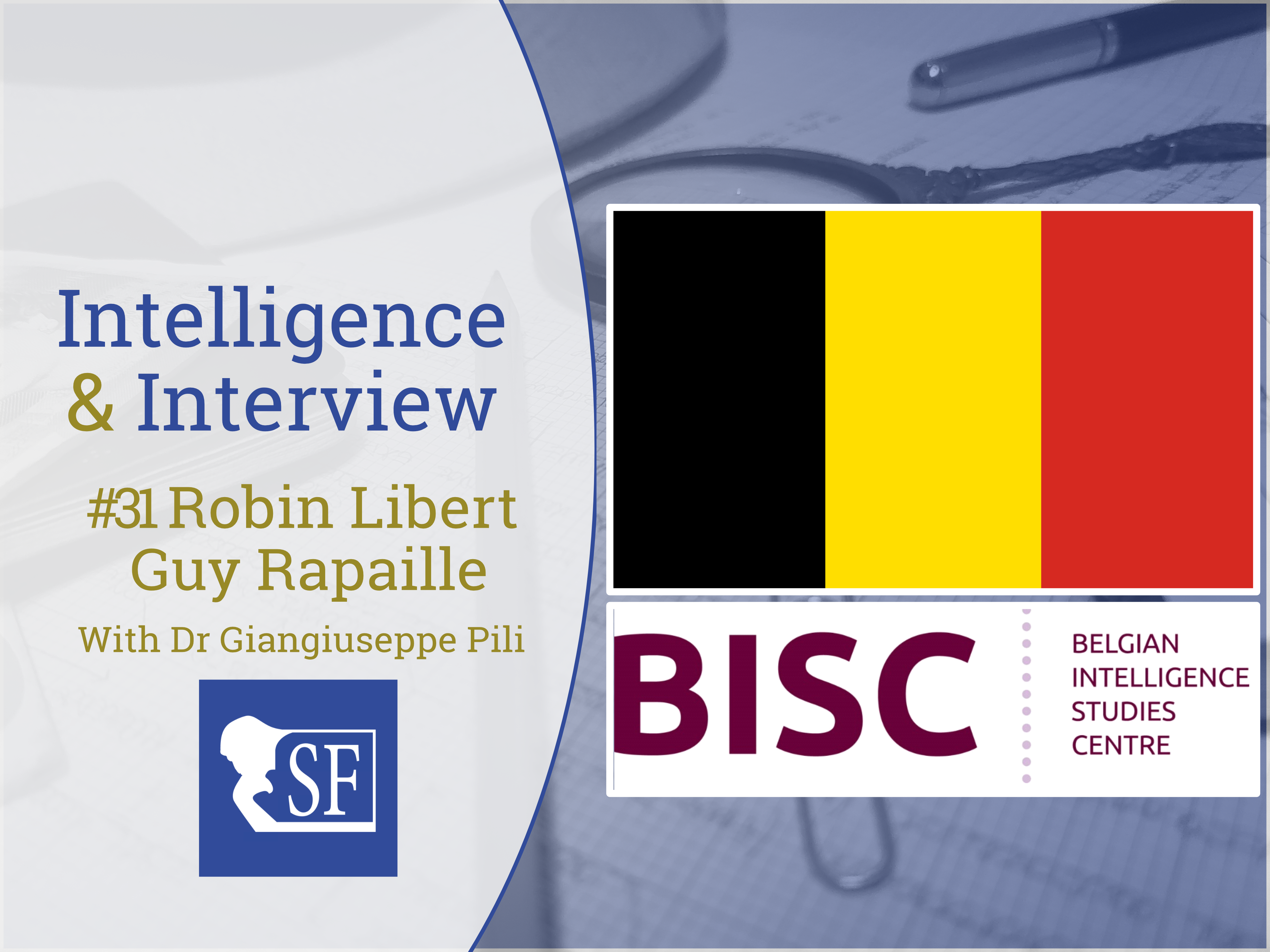
Discover Intelligence & Interview and Subscribe to the Newsletter!
Intelligence & Interview has one mission but several goals. One of them is to expand the culture of different national intelligence experiences within the Intelligence Studies framework, which is the international scientific standard and community. Coupled with it, the translation in Italian will reinforce the international ties for the Italian readership. We are doing our best to include as many different nationalities and perspectives as possible. First, the (international) Intelligence Studies are still focused more on the Anglosphere intelligence experience than anything else. But only in Europe, we have so many different approaches to intelligence (in practice) and to intelligence studies (in theory) that we cannot and should not be satisfied with the status quo. As I consider myself much more oriented in international intelligence studies than on the national research (though along with my colleague – Fabrizio Minniti – we already published a paper on Italian intelligence), I strongly believe and advocate for a more integrated and broad discussion on intelligence. Then, for this reason, we already explored several intelligence perspectives (in order of publication: Zimbabwe & Africa, Italy, France, Greece, the Netherlands). However, we hosted scholars from many other countries to bring their knowledge and experience (USA, Canada, UK…). With this aim in mind, it is my pleasure to publish this Interview with two outstanding experts, very experienced professionals, Robin Libert and Guy Rapaille. This is the first “double” Intelligence & Interview, which makes me particularly happy with it. I want to thank Mr. Davide Madeddu for his early translation from French. I want also to thank Giacomo Carrus for his work on the English version of this interview. Without further ados, it is then with my distinct pleasure to publish the Interview on Scuola Filosofica – for those who don’t know it yet; it is one of the leading cultural blogs in Italy. In the name of Scuola Filosofica Team, our readers, and myself, Giangiuseppe Pili, Robin and Guy: thank you!
#1 Mr Robin Libert and Mr Guy Rapaille, let’s start from the basics. How would you like to present yourself to the International readers and Philosophical School (Scuola Filosofica)?
@Robin LIBERT: [RL]
- Historian,
- ‘Modernist’(16th-18th Century), mainly Austrian Netherlands (18th C).
- Intelligence analyst, from Analyst to Director of Analysis (Sûreté de l’Etat, VSSE)
- Today: Councilor general, ‘Academic outreach & Partnerships’ (VSSE)
- President RUSRA-KUIAD, Royal Union of Intelligence and Action Services (WWII)
- Board Member BISC, Belgian Intelligence Studies Centre
- Great-nephew of two Intelligence and Action Agents (WWII)
- Author of articles
- Co-editor of several books and the series “BISC – Cahiers d’Etudes du Renseignement”
- Curator of expositions on Belgian intelligence history
- Assisted in the realization of several TV documentaries on historical cases.
@Guy Rapaille: [GR]
– Honorary Attorney General at the Liege Court of Appeal.
– Honorary President of the Permanent Control Committee of the Intelligence Services (“Permanent Committee R”).
– Member of the board of the BISC (Honorary President).
– Former scientific collaborator at the University of Liège.
– Chairman of the board of directors of the information and notification center on harmful sectarian organizations.


